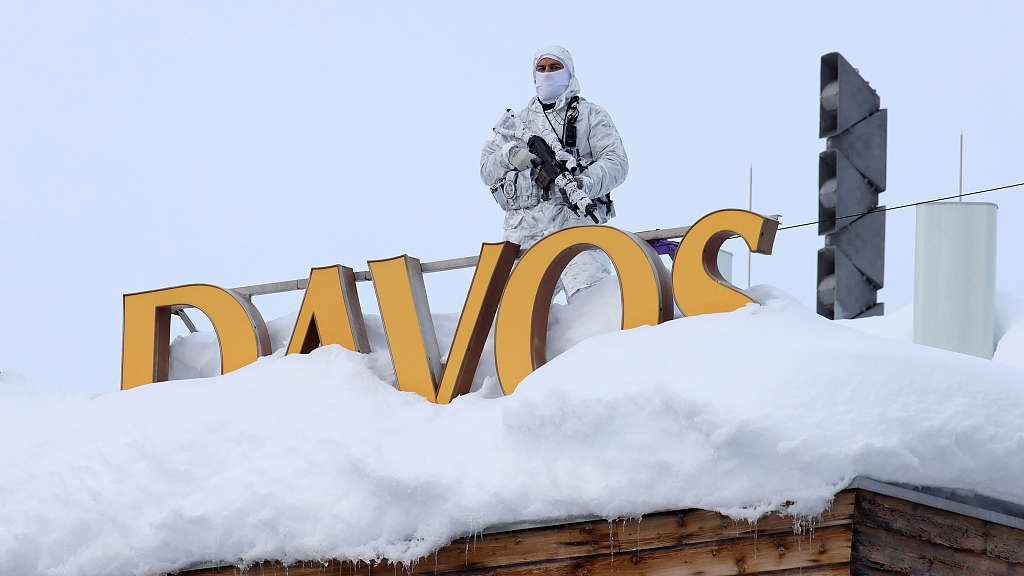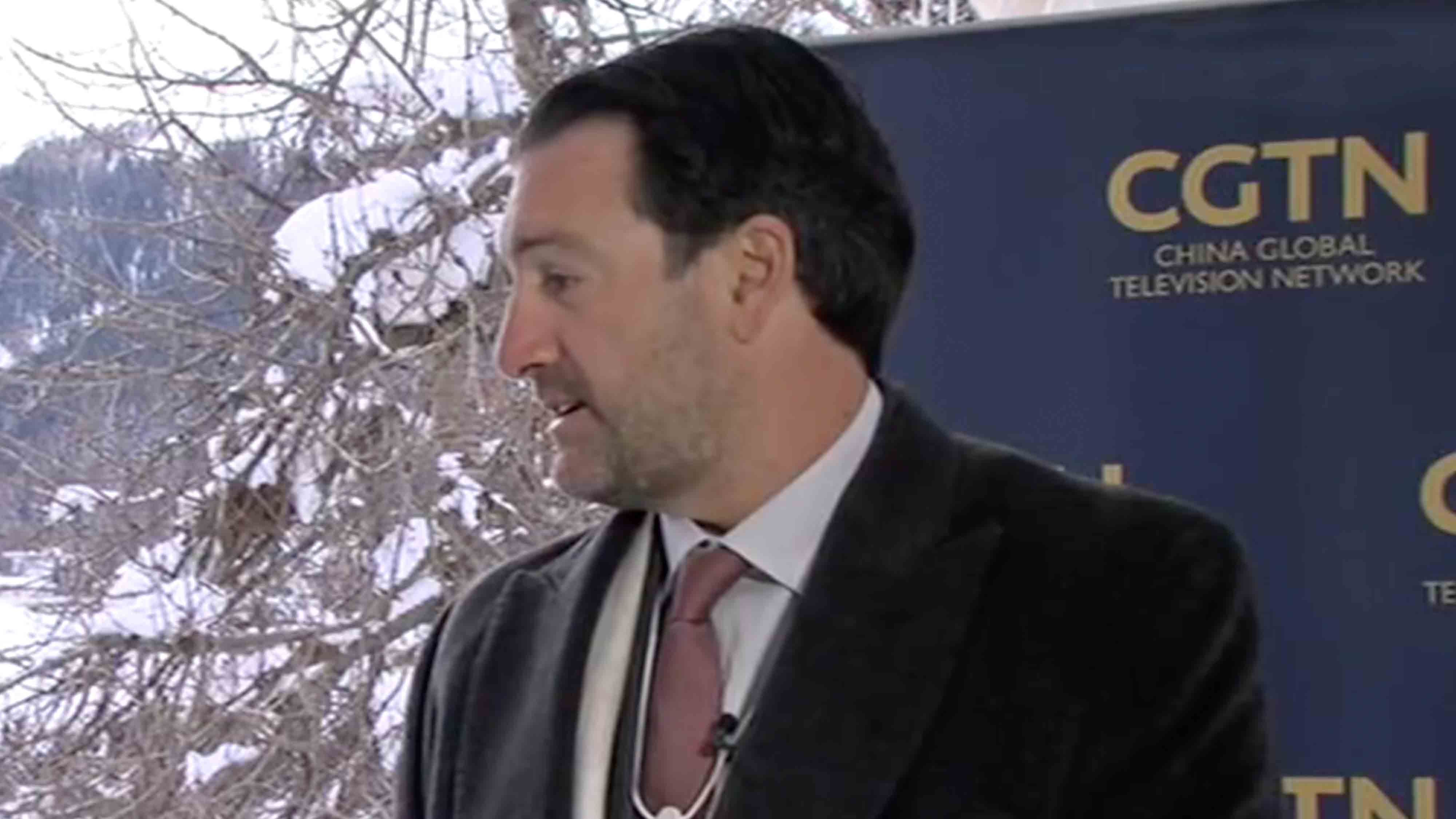
Biz Analysis
18:40, 22-Jan-2019
IMF warns of slowing world economy, experts express optimistic views
Updated
14:41, 24-Jan-2019
By CGTN's Global business
06:54

The International Monetary Fund (IMF) on Monday announced that it has lowered its 2019 projection for global economic growth. The IMF now projects a 3.5 percent growth rate worldwide for 2019, below the 3.7 percent expected last October.
The IMF has the right to say that the economy is slowing, but there will be no recession in 2019, said Nariman Behravesh, the chief economist from IHS Markit, a London-based global information provider.
In October 2018, the IMF cut its global growth forecasts due to the increasing trade tension between China and the U.S. It also mentioned the weakness for German auto manufacturers and the soft domestic demand in Italy after its financial risks.
"I think Turkey is a major issue. As we saw in 2018, Italy's growth was flat, but they have trouble for a long time, Germany is a worry because, in the second half, its growth on average was negative, but I am not so worried about that because they have some special factors there and particular the German labor market is very strong, their unemployment rate is very low and the wage growth is decent,” said Behravesh.
Major global concerns
This year's Davos annual meeting may not as busy as last year's, as U.S. and French presidents and the U.K. prime minister are not coming due to problems back home, including the government shutdown in Washington, the "yellow vest" protests in Paris and chaos related to the Brexit in Britain.
The expert said that the absence of those leaders doesn't mean that these countries are down the road to recession, but attention needs to be paid to the risk of a recession.
"The mood may be pessimistic this year, the underlying economy is slowing but still strong. I don't see a recession either in the U.S. or the rest of the whole world this year. But in 2020 or 2021, the risk of recession will rise," said Behravesh.
According to the IMF, advanced economies have been on a declining path in terms of growth and this is taking place more rapidly than previously. The IMF foresees the growth to slow from 2.3 percent in 2018 to two percent in 2019 and 1.7 percent in 2020 for the developed economies.
03:26

China's dilemma
China has just announced its GDP growth at 6.6 percent, the slowest annual expansion since 1990. The figure falls within Beijing's projection of “around 6.5 percent”, as the country has been using different measures to stimulate the economy. The expert said that so far there has been fairly modest stimulus, but there will be more stimulus as the number is approaching the “floor on growth” set by the government.
"The dilemma for China is that the government doesn't want too slow growth, because they worried about the unemployment and the social tension. By postponing deleveraging and postponing dealing with the debt problems, they just delay the problems," he said. "Just like one year foot on the break and another year foot on the accelerator and then back on the break and back on the accelerator."
Behravesh also pointed out that the falling birthrate is a long-term and serious challenge and also one of the reasons for China's slowing GDP growth in 2018. The National Bureau of Statistics has also announced a significant dip in the country's birthrate, the number of babies born in China last year fell by two million, reached a historic low.
"That's very troubling, it seems like the low child policy is ground in the culture and it's very hard for the government to change that and it will take time,” said Behravesh. “Even the policies begin to improve the birth rate now, we won't see it in terms of economic impact in 20 years. So in the near term, the lower birth rate is dragging China's GDP growth."
Optimistic investment
As everyone is expressing concerns over the slowing economy, there is still some spirit of optimism.
Sandro Salsano, the president of Salsano Group, a company based in Panama, thinks that people are too focusing on the slowdown, as everything is relative.
"I am not really worried and our business is doing great, mostly because of China. Panama now benefits heavily with China, mostly in logistics sector that we are focusing on and Panama will benefit a lot from China and we are looking forward to the long-term relationship with China," said Salsano.
Panama and China have signed 19 cooperation agreements on trade, infrastructure, banking, tourism and other areas during Chinese President Xi Jinping's first visit to Panama last year.
Aside from the logistic investment, China has also been keen on the infrastructure investment, including a terminal building and the fast train construction in Panama. Salsano said that tourism is the next promising sector between two countries. Now Air China is already flying three times a week from Beijing to Panama.

SITEMAP
Copyright © 2018 CGTN. Beijing ICP prepared NO.16065310-3
Copyright © 2018 CGTN. Beijing ICP prepared NO.16065310-3